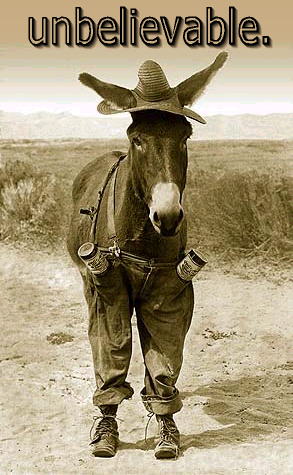The storytelling approach for Paper Heart is very interesting to me since it is a mix between Documentary and Mockumentary. The interviews are all real, but the story line between Li and Cera are fictional (even though they did date in real life). This sort of filmmaking may seem like a cop out, but it is, in my opinion, that choosing to have a fictional story in a non-fiction movie helped their overall theme: the situation is effected when a camera is present.
While the fictional love story grows throughout the movie, the camera becomes more and more present in their lives. Not only would they not have met each other if it weren't for their movie, but they wouldn't have broken up either. The camera effected their entire relationship, and because of that, the audience was able to recognize the camera more than just an average movie. It put the idea in the audiences head that there is an ethical boundry when it comes to filming. In the end of this film, the filmmaker decides that he needs to put down the camera to let Li have a happy life.
Then, when the camera was filming their non-fiction scenarios, the audience could pick out how the camera changes the situation in real life, too. If it weren't for the camera, some people wouldn't be as open, or as closed up. Most people wouldn't have stopped and taken the time to even talk about anything without the presence of a camera.
This was smart on the director's, Jasenovec, part, because he was able to have that control over the situation. Especially when it came to the ethical part in the end, if Jasonovek had chosen for this film to not be fictional, that would mean he would have to play with an ethical situation, and that itself wouldn't be ethical. I tip my hat to the Jasenovec in doing this because there are a lot of directors who would push the ethical issue in order to understand it more clearly, but this director steps back and finds another way to pursue this.
Best Bottled Water For Plants
6 months ago

